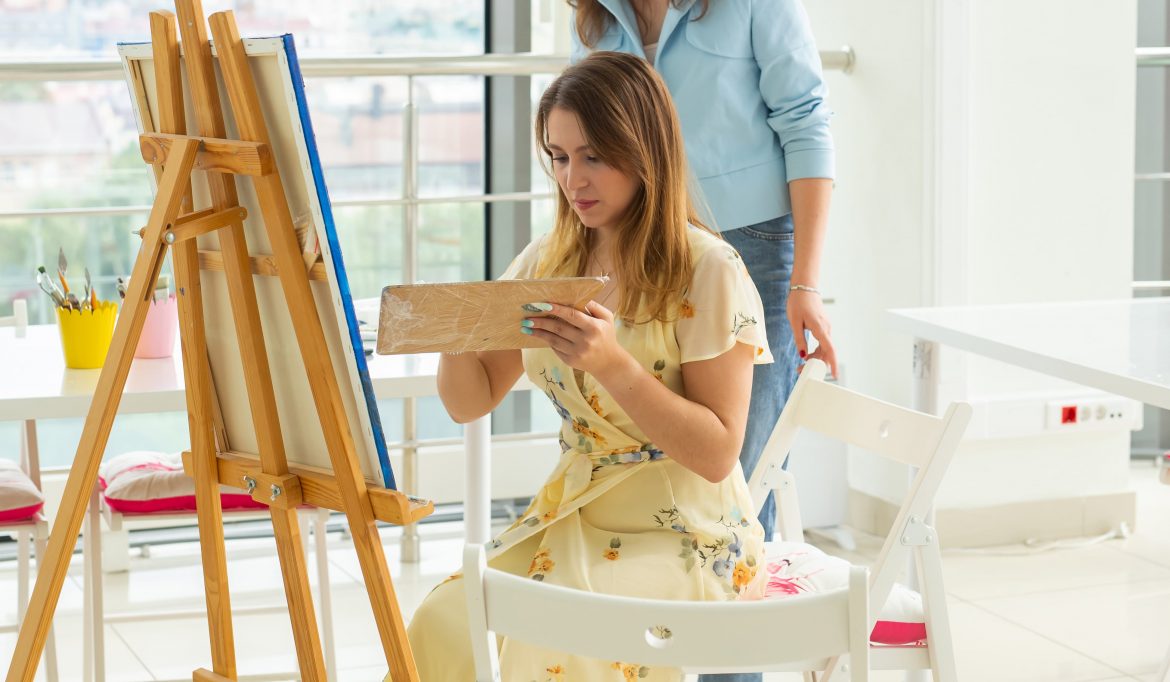Whether you’re an experienced artist or just starting out, you probably know that the creative process can be difficult. It often requires trial and error, and it can be tempting to give up if it doesn’t turn out as expected. Caring and nurturing your art skills can help you to overcome these difficulties and achieve long-term success in your artistic career.
Your Right Brain and Creativity
When you let go of the need for perfection, your brain will be able to access a more natural, less stressful flow of creativity. This can lead to better problem-solving abilities, innovative ideas and a stronger sense of self.
Your Right Brain and Mental Health
If you are a creative person, it is vital for your overall mental health to engage in regular art. Not only will it boost your self-esteem, but you’ll also develop important cognitive, emotional and social skills while working on your artistic projects.
Your Social and Emotional Health
As an artist, it is essential to keep your emotions in check. If you’re feeling overwhelmed by negative emotions, it can be helpful to step back from the project for a while. This will allow you to refocus on the positive aspects of the work and find ways to get excited about it again.
Your Mental Health
When you’re feeling depressed or anxious, it’s especially important to carve out time to connect with yourself. This can be as simple as a walk or a meditation session, or even just taking a break from social media.
You can also try to schedule time to engage in a creative activity, such as drawing, painting or making music. This will be a great way to refocus and relax after a busy day at work or school.
Sharing Your Work
If you’re an artist, it can be a good idea to share your artwork with other people, so they can see the process of creating it and appreciate it. You can do this by showcasing it, or saving it to share with friends and family.
Make sure that you do not criticize or judge their work – this is their expression of how they feel and how they see themselves, so be very gentle with them when they display it. Instead, provide praise, encourage them to talk about what they’re thinking and how they’ve felt while making it, and invite them to do the same with you.
Your Mental Health
Children who are exposed to traumatic or challenging events early in life are more likely to experience mental health issues later in life. They may lack the developmental capacity and life experience to fully understand, verbally express and cope with these challenges.
They may also be impacted by the pervasive mood that surrounds them at home or in their communities. These experiences can be difficult for children to process without an adult by their side to support them.
When you are ready to begin your own art practice, consider a professional training program like Create’s Nurturing Talent. This is an intensive year-long course that offers support and feedback from the professional artists and management team on a project-by-project basis, and gives you the opportunity to gain experience in a variety of art practice areas. You will learn arts-practice and leadership skills, and you’ll have the chance to build your confidence in your own abilities as a supporting artist.




